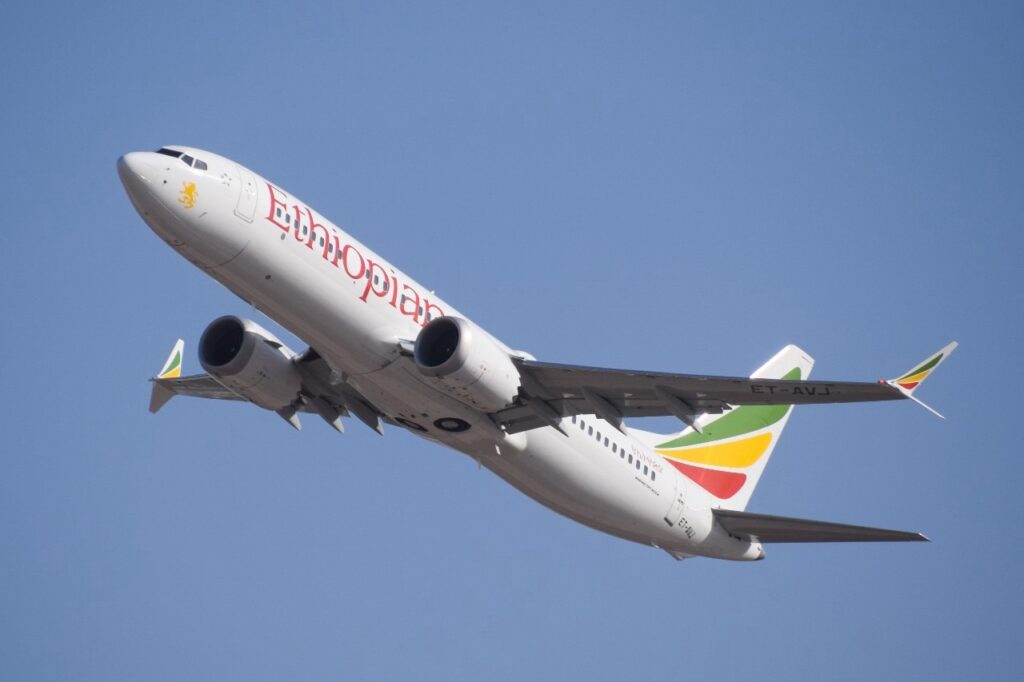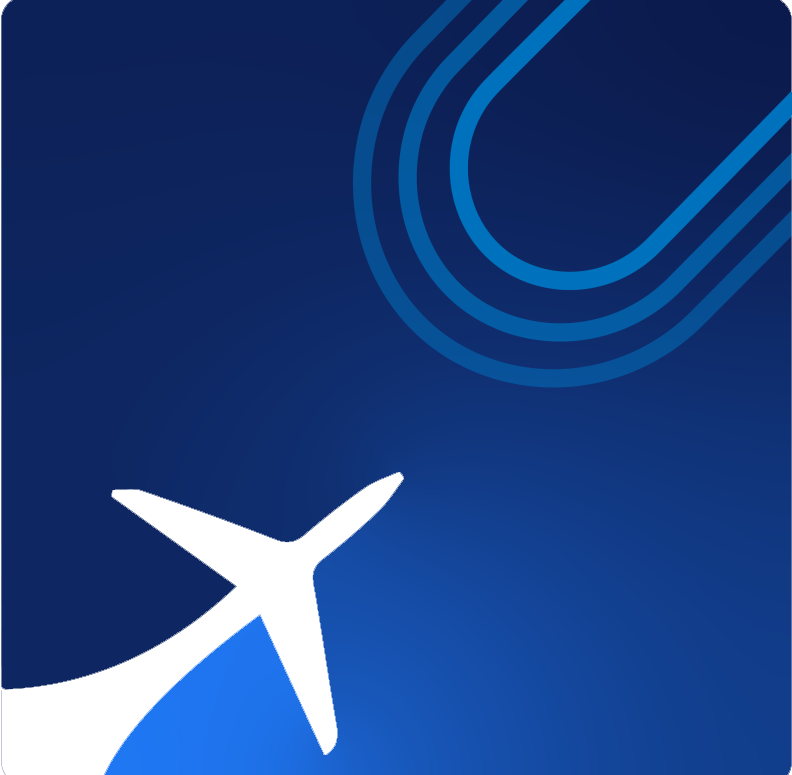The beleaguered aviation giant Boeing is poised to encounter yet another challenge next week as it prepares for a civil trial regarding the Ethiopian Airlines crash from March 2019, which resulted in the tragic loss of 157 lives.
The trial, set to take place in federal court in Chicago, initially involved six plaintiffs; however, “all but one” have reached settlements, according to a source familiar with the litigation who spoke to AFP this week.
Unless a settlement is reached, this trial will mark Boeing’s first civil proceedings related to the MAX crashes. Even after the trial commences, a settlement that requires court approval remains a possibility. However, the source indicated to AFP that the case is anticipated to proceed to trial, a perspective echoed by another legal expert.
The plaintiffs in this case are family members of Manisha Nukavarapu, an Indian-born student who was in her second year of medical school, focusing on endocrinology at East Tennessee State University.
Nukavarapu, who was unmarried and childless, boarded a 737 MAX flight on March 10, 2019, in Addis Ababa, en route to Nairobi to visit her sister who had recently given birth, according to the complaint.
Tragically, the aircraft, which had been delivered in November 2018, crashed just six minutes after takeoff, resulting in the loss of all onboard.

More trials are anticipated
Between April 2019 and March 2021, the court took depositions from the relatives of 155 victims in wrongful death lawsuits citing negligence, as indicated by legal documents.
“As of today, there are 30 cases pending on behalf of 29 deceased individuals,” a third legal source informed AFP on October 22. These cases have been organized into groups, with the next trial slated for April 2025 unless all lawsuits are resolved beforehand. Boeing has “publicly accepted responsibility for the MAX crashes in both public statements and civil litigation because the design of the MCAS … played a role in these incidents,” said an attorney representing Boeing during an October 11 court session.
The MCAS was a flight stabilization system that failed in both the Ethiopian Airlines crash and the Lion Air disaster in October 2018 in Indonesia, which claimed 189 lives. The MAX began commercial operations in May 2017, and the global fleet was grounded for 20 months following the Ethiopian Airlines incident.
According to Boeing, over 90 percent of the cases arising from the crashes have been resolved. The company has not revealed the total financial impact resulting from these cases.
“Boeing has disbursed billions of dollars to the families of the crash victims and their legal representatives in connection with civil lawsuits,” stated a Boeing attorney during the October 11 hearing, which occurred in Texas and pertains to a criminal case by the Department of Justice involving the MAX.
Numerous plaintiffs have also given depositions in the civil lawsuits stemming from the Lion Air disaster, with 46 being represented by the Seattle law firm Herrmann. The litigation in Texas revolves around a new deferred prosecution agreement with the Department of Justice, which determined that Boeing violated a $2.5 billion criminal settlement from January 2021 related to fraud charges concerning the MAX certification.
In July, Boeing consented to plead guilty to fraud as part of the recent DPA, although the agreement has not yet received approval from a federal judge.
Below is a timeline of significant milestones in the history of the Max:
August 2011: Boeing unveils the Max, a 737 featuring larger engines, opting against designing a new aircraft to rival the A320neo produced by competitor Airbus.
August 2015: The inaugural 737 Max aircraft comes off the assembly line.
January 2016: The 737 Max undertakes its initial test flight.
March 2017: The Federal Aviation Administration grants certification to the 737 Max 8. It subsequently approves a larger variant, the 737 Max 9, 11 months later.
May 2017: Malindo Air, a Malaysian branch of the Indonesian low-cost airline Lion Air, becomes the first recipient of a 737 Max.
May 2017: The Max embarks on its maiden commercial journey on May 22, flying from Kuala Lumpur, Malaysia’s capital, to Singapore.
September 2018: By the month’s conclusion, Boeing has accumulated orders for nearly 5,000 Max aircraft.
Oct. 29, 2018: Lion Air Flight 610, operating a Boeing 737 Max 8, descends rapidly into the Java Sea shortly after departing from Jakarta, Indonesia.
November 2018: Scrutiny intensifies regarding a new Boeing flight-control system known as MCAS, which was not disclosed to pilots and airlines. Indonesian investigators reveal that the Flight 610 pilots struggled to maintain control as the automated system repeatedly forced the plane’s nose downward more than twenty times.
March 10, 2019: Ethiopian Airlines Flight 302, a Boeing 737 Max 8, crashes shortly after taking off from Addis Ababa, Ethiopia, resulting in the deaths of 157 individuals on board.
March 2019: In the days following the second crash, the U.S. Federal Aviation Administration and regulators from various countries mandate the grounding of all 737 Max jets.
April 2019: A preliminary report from Ethiopian authorities highlights parallels with the crash in Indonesia, indicating that the Flight 302 pilots attempted to adhere to Boeing’s guidance for an MCAS malfunction but were unable to stabilize the nose manually due to the aircraft’s excessive speed.
May 2019: Boeing reveals a safety alert intended to inform pilots that faulty readings from a crucial sensor on the Max were ineffective, though the company did not notify airlines or the FAA about this issue until after the first Max crash.
Dec. 23, 2019: Boeing terminates CEO Dennis Muilenburg, who was perceived to be pressuring the FAA to reverse the Max grounding order.
For all aviation-related guidance (DGCA ground classes, pilot training, cabin crew training)
Contact us https://contrail.in/
phone numbers +91 78457 69399


